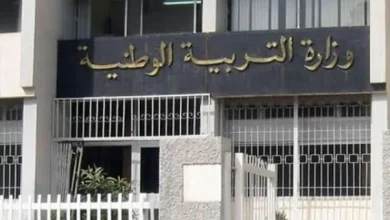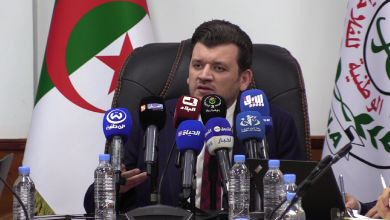Bamako, Mali – A severe fuel shortage has brought Mali’s education system to a standstill, forcing the government to announce a nationwide suspension of classes in all schools and universities. The unprecedented measure, effective from Monday, October 27th, until Sunday, November 9th, 2025, highlights the deepening economic and logistical challenges facing the West African nation.
The joint announcement, released late Sunday by the Ministries of National Education and Higher Education and Scientific Research, cited the critical disruptions in fuel distribution as the primary reason for the closure. The statement emphasized that the fuel crisis has created significant difficulties for students, teachers, and faculty members to commute to and from educational institutions, making it impossible to maintain regular academic schedules.
“The severe disruptions in fuel supplies have made it impossible to ensure the regular functioning of our schools and universities,” the statement read. “The government is working diligently to address the crisis and will implement urgent measures to reorganize the academic calendar to ensure the continuity of education without the loss of affected academic weeks.”
The closure affects all levels of education, from primary schools to universities, impacting hundreds of thousands of students across the country. This drastic step underscores the severity of the fuel crisis, which is already disrupting various vital sectors of the Malian economy. Reports indicate long queues at petrol stations, with many experiencing complete depletion of fuel reserves. Businesses are struggling to operate, and transportation costs have skyrocketed, further exacerbating the economic hardship faced by ordinary citizens.
The current fuel crisis is the latest in a series of challenges that have plagued Mali since the military coup in 2020. The country has been grappling with political instability, economic stagnation, and a deteriorating security situation marked by persistent attacks from extremist groups in the north and central regions. Frequent power outages and shortages of essential commodities have become commonplace, reflecting the fragility of the nation’s infrastructure and governance.
Critics argue that the fuel crisis exposes the vulnerability of Mali’s infrastructure and its dependence on imported fuel. The country lacks significant domestic oil production and relies heavily on neighboring countries for its energy needs. This reliance makes it susceptible to fluctuations in global oil prices and disruptions in supply chains, as has been the case in recent weeks. Some observers point to mismanagement and corruption within the fuel distribution networks as contributing factors to the crisis, alleging that hoarding and black market activities have exacerbated the shortages.
For more information about Algeria, check our dedicated section.
The government’s response to the crisis has been met with mixed reactions. While some acknowledge the efforts to address the immediate fuel shortage, others criticize the lack of long-term solutions and the failure to prevent the crisis from escalating to such a critical level. Opposition groups have called for greater transparency in the fuel distribution process and demanded accountability from those responsible for the shortages.
The suspension of classes is expected to have a significant impact on the academic year, potentially delaying graduations and hindering students’ progress. The ministries of education have pledged to implement catch-up programs and revise the academic calendar to mitigate the impact of the closure. However, the effectiveness of these measures remains to be seen, particularly in light of the ongoing challenges facing the education system.
This crisis poses a significant test for the transitional government, which is already facing immense pressure to stabilize the country and restore civilian rule. The government’s ability to effectively manage the fuel crisis and address the underlying structural issues will be crucial in maintaining public confidence and ensuring the stability of vital sectors, including education and energy. Failure to do so could further erode public trust and undermine the transition process. The situation is being closely watched by international observers, who are concerned about the potential for further instability in the region. Algeria, in particular, as a neighboring country and key regional player, is monitoring the situation with increasing concern, considering the potential spillover effects of instability in Mali. The Algerian government has yet to issue an official statement on the matter, but analysts suggest that it may offer assistance to Mali in the coming days to help alleviate the crisis and prevent further deterioration of the situation.
Furthermore, the reliance on external aid and partnerships for fuel supply highlights the need for Mali to diversify its energy sources and invest in renewable energy technologies. This would not only reduce the country’s dependence on imported fuel but also contribute to a more sustainable and resilient energy system. Moving forward, Mali must prioritize infrastructure development, improve governance, and address corruption to build a more stable and prosperous future. The current fuel crisis serves as a stark reminder of the challenges facing the nation and the urgent need for comprehensive reforms.



